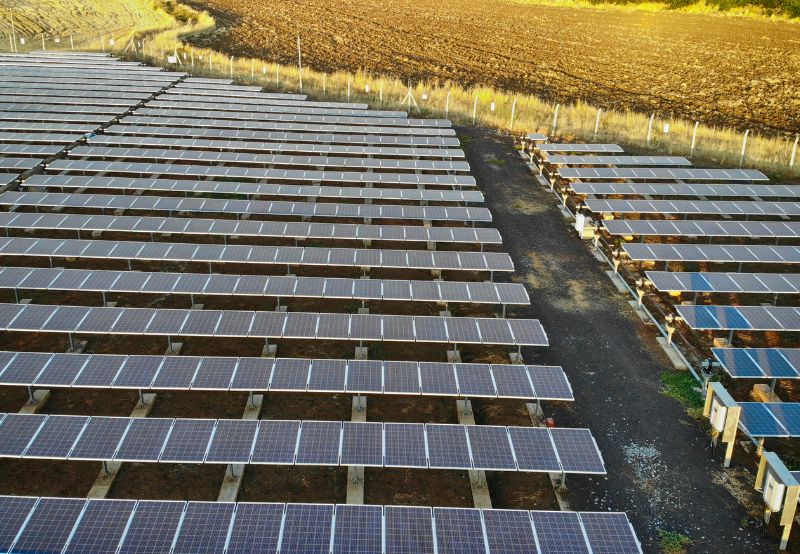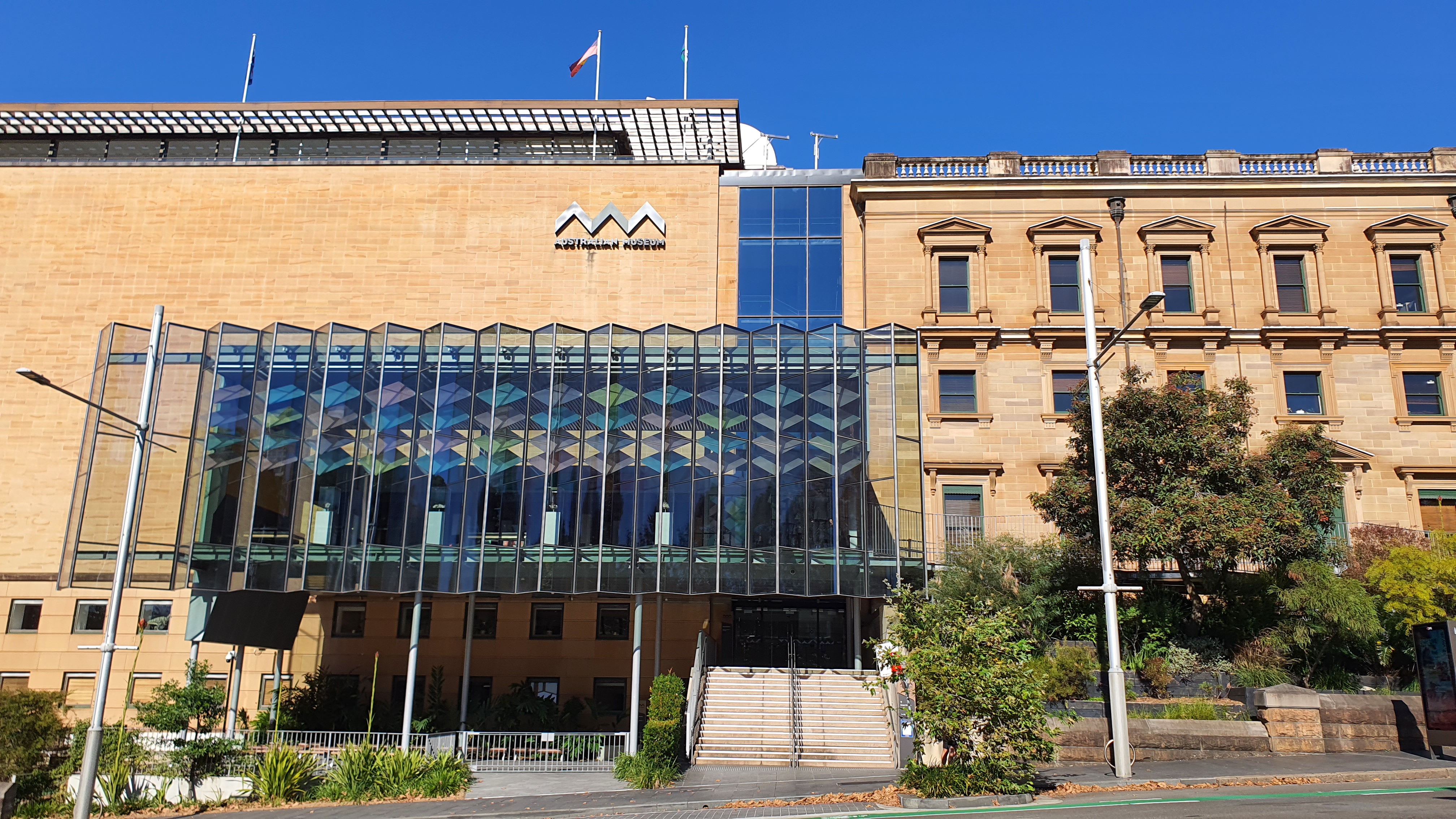The network will establish a collaborative ecosystem of journalists around the world. Together, they will uncover the harmful and illegal practices of the fishing and extractive industries, systemic threats to marine biodiversity and coastal communities, and the supply chains facilitating global demand for the ocean’s increasingly dwindling resources.
The Pulitzer Center, a global organization that supports independent, innovative journalism, is now accepting applications for its new Ocean Reporting Network (ORN).
A healthy ocean is vital to addressing the triple planetary crisis of global warming, pollution, and biodiversity loss. Oceans play an essential role in climate regulation: Covering 70% of the planet, they absorb carbon dioxide and heat, and the life within it produces half the oxygen we breathe. More than 3 billion people around the world—mainly in the Global South—rely on fish as the primary source of protein in their diet, while fisheries, aquaculture, and post-harvest work provide employment and income for 10%-12% of the world’s population, according to the FAO. Public awareness of the threats to marine species and ecosystems is growing, but dedicated reporting and engagement are required to bring these issues to broader attention and drive real change.
The network will establish a collaborative ecosystem of journalists around the world. Together, they will uncover the harmful and illegal practices of the fishing and extractive industries, systemic threats to marine biodiversity and coastal communities, and the supply chains facilitating global demand for the ocean’s increasingly dwindling resources. They will build on and expand coverage of chemical and noise pollution, the effects of climate change on the ocean, illegal marine wildlife trafficking, and deep-sea mining, among other issues that deserve attention.
Inspired by the model of collaborative environmental journalism created by the Pulitzer Center’s rainforest initiatives, the Ocean Reporting Network will support at least eight full-time Fellows around the world. We are especially committed to empowering diverse communities of journalists in the Global South.
The Ocean Reporting Fellows will work on individual and collaborative reporting projects to systematically probe the drivers of the degradation of our marine environment, as well as the socioeconomic impacts. They will have the support of a team of experienced editors at the Pulitzer Center, including a dedicated ocean editor, a research editor, and a data editor. We also support our Fellows on storytelling and audience engagement to help their stories reach targeted audiences and maximize impact.
WHAT WE ARE LOOKING FOR
We seek to recruit experienced journalists—freelancers or on-staff—working with local regional and international media outlets.
The full-time, year-long Fellowships will cover a reporter’s salary and provide additional support for the media outlet that employs the journalist (if on staff), or that agrees to host the Fellow (if a freelancer).
Fellows are expected to devote a full year to their ocean investigation and to publish regularly. They will receive training and data, communication, research, and coordination support from the Pulitzer Center. They will work closely with their co-Fellows worldwide, benefiting from one another’s skills and diverse perspectives.
The initiative will also collaborate with the Pulitzer Center’s Engagement team. Fellows will have the support of local education and outreach coordinators who will identify outreach opportunities to share investigation findings at schools and universities and within civil society.
The Ocean Reporting Network is part of the Pulitzer Center’s Environmental Unit, which also supports reporting and investigations in the Amazon, Congo Basin, and Southeast Asia regions. It is funded with the Norwegian Development Aid Agency (NORAD) support. The NORAD grant explicitly guarantees complete editorial independence for the Pulitzer Center and for the Fellows and news organizations participating.
BENEFITS FOR OCEAN REPORTING FELLOWS
- The opportunity to work on impactful investigations that are time-consuming and costly.
- A global network of top-notch investigative reporters will aid your investigations and complement your skills.
- Access to data and documents, as well as the opportunity to sharpen your data skills with support from the Pulitzer Center’s data and research team.
- Specialized training opportunities include using satellite imagery and other digital tools in investigations, corporate and follow-the-money research, and more.
- The opportunity to work on stories that transcend your country and region and can achieve true global impact.
- A community of like-minded colleagues that will continue beyond your Fellowship.
- The possibility of renewing your Fellowship for an additional one or two years based on performance.
- Salaries commensurate with experience.
- Reporting expenses such as travel, consultants, and technology for the duration of the Fellowship.
Please note that selected candidates will work remotely.
DEADLINE AND TIMELINE
Applications for the Fellowships are due Sunday, June 18, at 23:59 EDT (U.S. Eastern Time).
Candidates shortlisted are expected to be interviewed at the beginning of July and start the 12-month Fellowship period by July 17th.
Applications should be sent in English. Still, work samples in other languages will be accepted.




